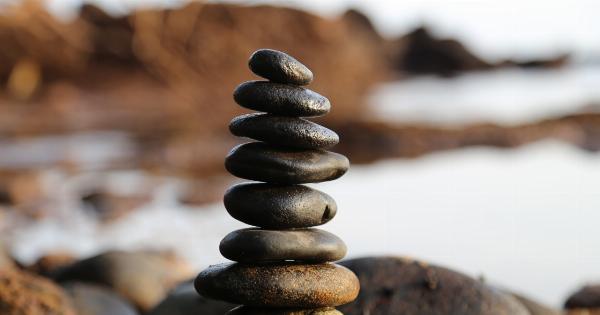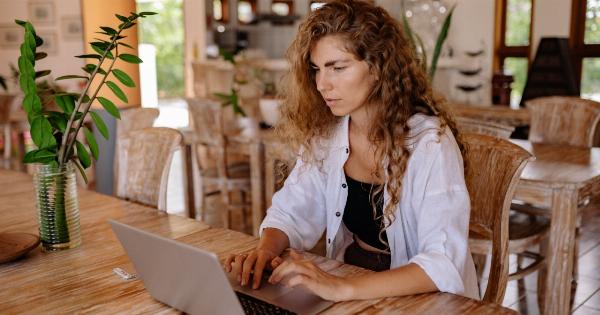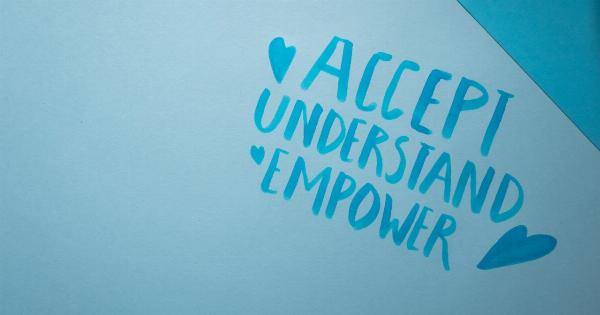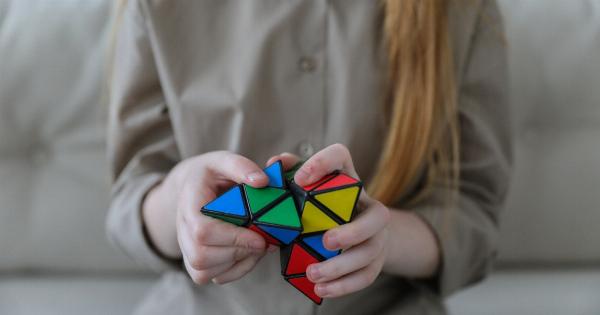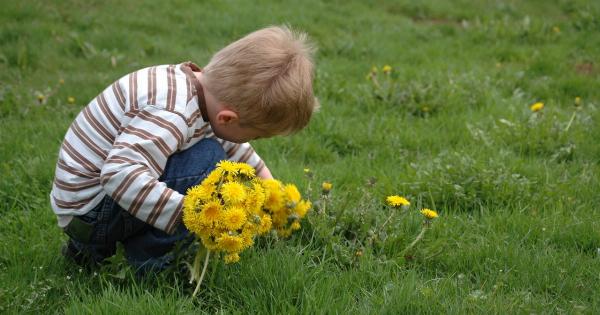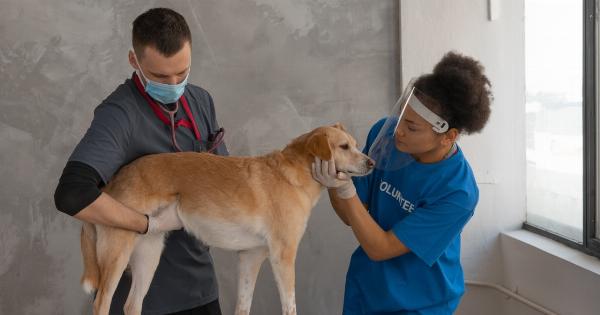As children grow, exploration, learning, and experimentation are essential parts of their growth process. As a parent, observing your child’s actions can be entertaining and sometimes concerning.
As a parent, one question that is frequently asked is, should I clean up the mess or let them play? In this article, we will discuss the benefits of cleaning up the mess or letting them play and how to strike a balance.
The Benefits of Cleaning Up the Mess
Cleaning up the mess is a natural response to seeing a child’s activities in disarray. Cleaning up the mess has many benefits:.
Hygiene and Safety
Cleanliness is an essential part of maintaining hygiene. Dirty and messy environments increase the risk of germs and bacteria. Cleaning up is essential in preventing accidents and preventing children from getting hurt.
Teaching Responsibility
Cleaning up is an excellent opportunity to teach children responsibility. Instill in your child that creating a mess is acceptable, but cleaning up after oneself is essential.
Children who learn early to clean up after themselves become adults who can be relied upon.
Making Children Aware of Boundaries
Having clear boundaries is essential. Cleaning up the mess illustrates to the child that there are boundaries. They are free to explore and have fun, but it is imperative to clean up after themselves.
This helps the child understand that there must be a limit to the fun and exploration.
The Benefits of Letting Them Play
Now that we have looked at the benefits of cleaning up, let us explore the advantages of letting them play.
Creative Expression
Allowing children to play with imagination and creativity is essential for their growth. With no boundaries in their play and exploration, children can let their imaginations run wild.
This helps with cognitive development and makes them innovation thinkers.
Boosting Confidence
Playtime is an excellent way for children to develop confidence and self-esteem. Giving them the opportunity to play builds self-confidence in their ability to explore new environments, curiosity, and imagination.
This confidence builds their self-esteem and makes them more receptive to learning and exploration.
Building Imagination and Curiosity
At an early age, children have boundless imagination and curiosity. Playtime provides an avenue for children to explore and learn about the world around them. Their imaginations and curiosity are essential in shaping their understanding of the world.
Letting them play allows their imagination and curiosity to flourish without any judgments or limitations.
Striking a Balance
Having explored the benefits of cleaning up and letting them play, the question is, how do we strike a balance?.
Set Time-Limits
While allowing children to play, it is essential to set time limits. Allowing a child to play without any boundary is not a good idea as it can lead to distractions and affect the child’s focus.
Setting timer helps them know how long they have to play and when to stop.
Designating a Play Area
Designating a play area helps to contain the mess that comes with playtime. The play clock can be extended, knowing that there is a designated area for playing.
This area can be where free play is allowed, and there are no restrictions, but the child must clean up after themselves.
Encouraging them to Clean up After Themselves
Encouraging children to clean up after themselves is a way to strike a balance between cleaning up and letting them play. Instilling in them that it is okay to create a mess but important to clean up.
This helps them take responsibility and ensures that they understand the importance of cleanliness.
Conclusion
Clean up the mess or let them play? It is essential to balance the two. Allow children to play and explore, and give them the freedom to be creative, imaginative, and curious. Set boundaries by designating a play area and time limits.
Encourage children to clean up after themselves, instilling responsibility and hygiene habits that they will carry with them as they grow into adulthood.








